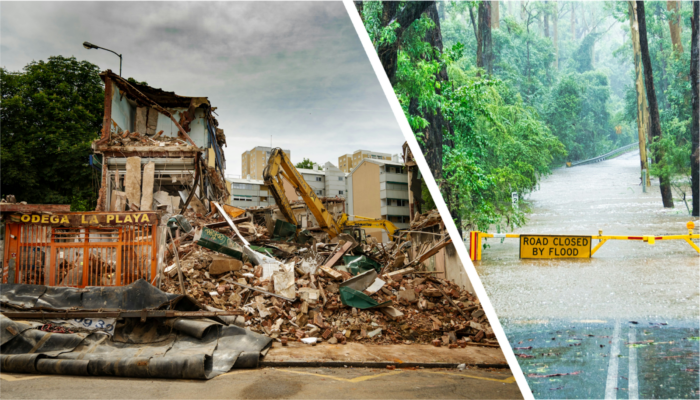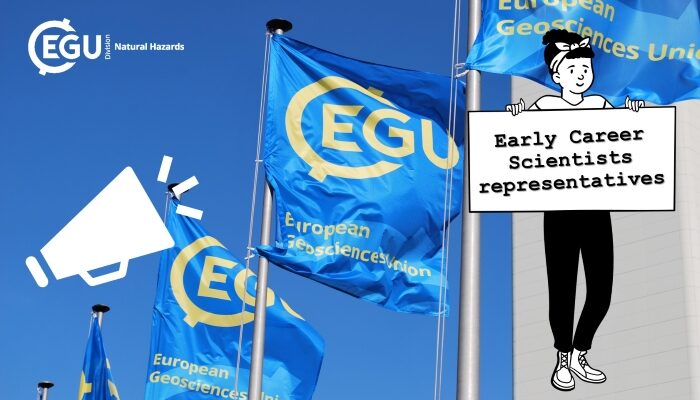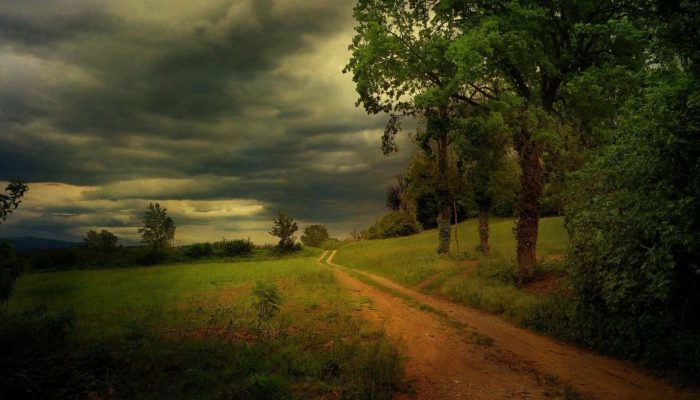The European Geosciences Union (EGU) Natural Hazards Division is pivotal in supporting the growth of early career researchers, giving them a platform to share their work and ideas, enhancing networking opportunities and contributing to career development. So, are you reading this post and wondering who gives a voice to early career scientists in the Natural Hazards space? The EGU Natural Hazards D ...[Read More]
Disentangling the complexity of multi-(hazard-)risks: conversations with Marleen de Ruiter, the EGU NH Division 2024 Early Career Scientist Award Winner

Marleen de Ruiter is Assistant Professor at the Institute for Environmental Studies (IVM), Vrije Universiteit Amsterdam. Her research focuses on multi- and consecutive disasters, improving modeling capabilities and understanding of multi-hazard risk and assessing the potential adverse impacts of Disaster Risk Reduction measures across different hazards. She manages the Myriad-EU project, co-leads ...[Read More]
You can be the next Early Career Scientist Representative for the NH Division!
The Division on Natural Hazards of the European Geosciences Union is looking for a new Early Career Scientist (ECS) representative (rep) and co-representative (co-rep) for the period 2024-2026. The outgoing rep (Silvia De Angeli) and co-rep (Negar Vakilifard) will be standing down officially at the EGU General Assembly 2024, so this is your opportunity to take these roles! Why become an Ear ...[Read More]
From compound extremes to risk perception: conversations with the EGU Natural Hazards Division 2023 Early Career Scientist Award Winner
I am pleased to interview Professor Ankit Agarwal from the Indian Institute of Technology, Roorkee. He specialises in hydro-meteorological (compound) extremes and complex networks and has been awarded the prestigious 2023 NH Division Outstanding Early Career Scientist award. Thank you, Ankit, for your time and for talking with us about your field of research. 1. Can you tell us more about y ...[Read More]



